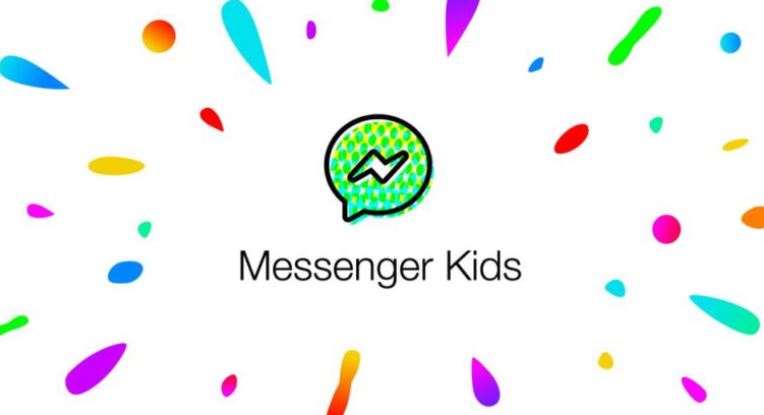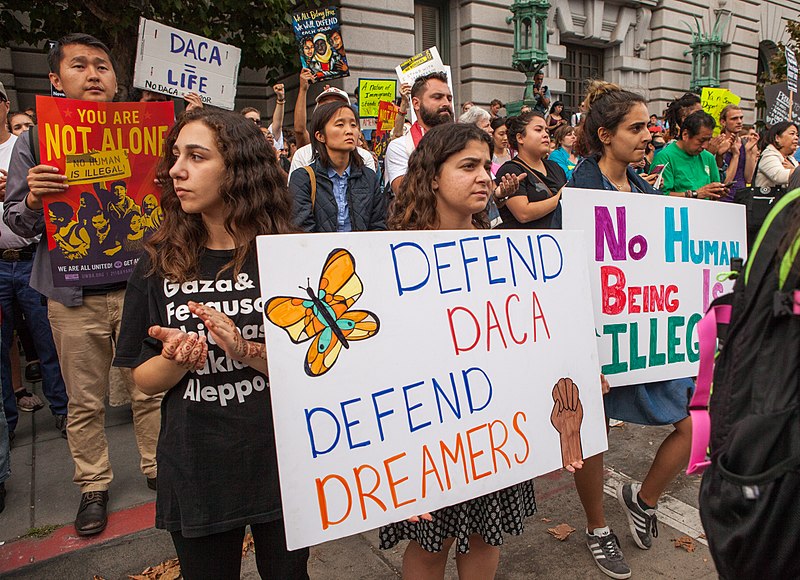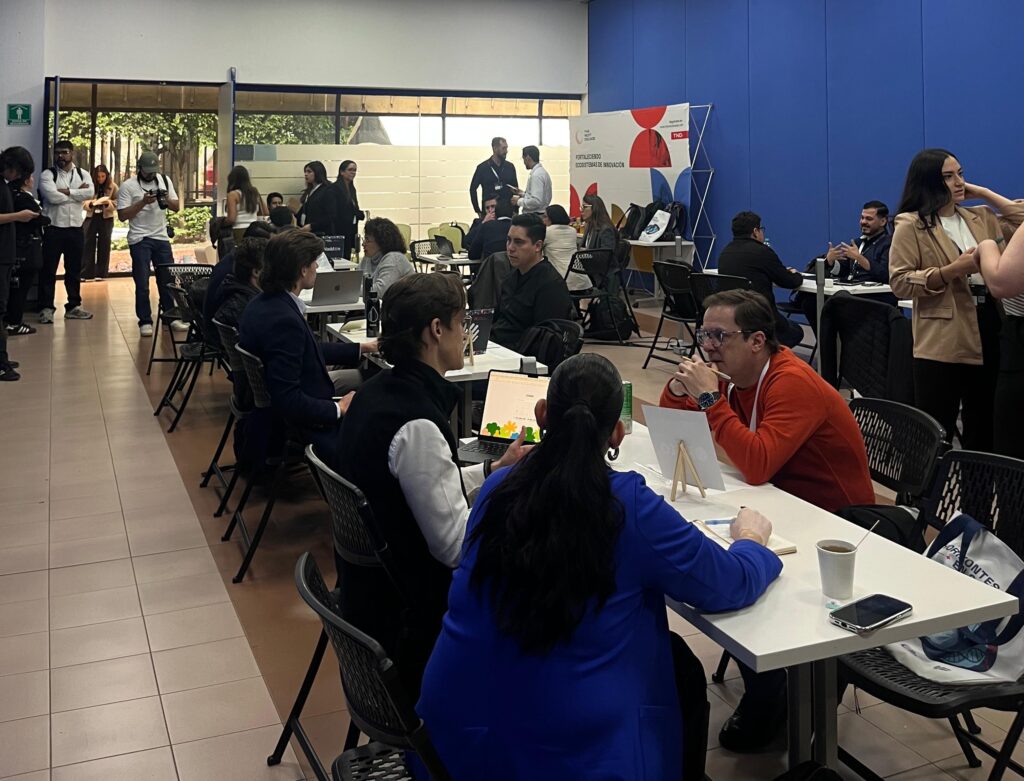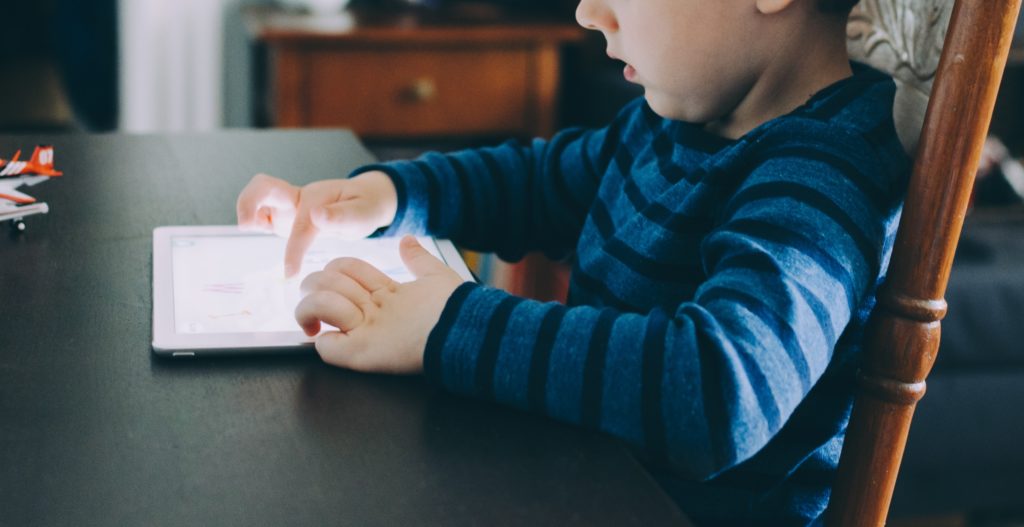Messenger Kids is an app owned by Facebook which allows children to text, call, video chat and use facial filter features, all approved by parent protections.
Geared at enhancing communication for children, the U.S-based app available on Android and IOS has recently begun to expand, already available in Canada and Peru, before it plans to set its sights on more locations in Latin America. Techcrunch recently announced that the next country to have access to the app will be Mexico.
The aim of the app is to provide better learning opportunities for under 13s when it comes to online communication. According to Techcrunch, Facebook brought in expertise from the Yale Centre for Emotional Intelligence to ensure that the app was beneficial to social development.
Besides allowing parents to check in and monitor all conversations that their child is having, the app also possesses a number of guidelines on etiquette, such as being kind and encouraging positive discourse. GIFS and stickers also allow a playful sphere for children, who are able to build their online understanding in a safe environment.
Although the app brings an early attention to social media and Facebook, there is little other option on the market for a child-friendly communication app that can rival the hundreds of thousands of Messenger Kids users. Despite criticism that the app encourages heightened screen time for youngsters, its huge user base is set to grow as more learning and support features are developed.
Just over two months ago, the app announced a development which meant a user’s parents don’t have to be ‘Facebook friends’ in order to be able to communicate with the child, although adult authorisation is necessary. The update aimed to resolve teething problems where parents might not be socially connected, but wish to contact their child.
Unlike the Canadian and Peruvian versions of the children’s app, the newly launched Mexican version does not have specific features catered to Mexico. The app, however, is of course available in Spanish for Mexico and Peru, and also French for Canadian regions.
Some are concerned that an of this calibre is brings younger children into the social media bubble far too early, in contrast it opens up a secure communication window that can contribute to a child’s safety.
This article written by Tamara Davison and originally appeared on Aztec Reports.








